As we move further into the 21st century, artificial intelligence (AI) is becoming increasingly integrated into our daily lives, including the workforce. With AI’s ability to automate tasks and improve efficiency, it’s no surprise that many people are concerned about the impact it will have on jobs. However, the effects of AI on employment are not as straightforward as some may think.
Historically, new technologies have disrupted the job market, but they have also created new opportunities. The Industrial Revolution, for example, led to the loss of jobs in agriculture and cottage industries but created new jobs in factories and manufacturing. Similarly, while AI may displace some jobs, it will also create new ones in fields such as data analysis, programming, and AI development.
Key Takeaways
- AI’s impact on jobs is complex and not straightforward.
- Historical examples show that new technologies can both displace and create jobs.
- While AI may displace some jobs, it will also create new ones in fields such as data analysis, programming, and AI development.
Historical Context: The Industrial Revolution
I cannot talk about the impact of AI on jobs without discussing the historical context of the Industrial Revolution. The Industrial Revolution, which began in the late 18th century, was a period of significant technological advancement that led to the creation of new industries and improved the quality of life for many people. However, it also initially led to job losses and caused significant disruptions to the workforce.
During the Industrial Revolution, new machines were invented that could perform tasks previously done by humans, leading to the displacement of many workers. For example, the spinning jenny, invented in 1764, allowed one person to spin multiple threads at once, reducing the need for manual labor. As a result, many textile workers lost their jobs.
However, over time, new industries emerged, and the demand for labor increased. The manufacturing industry, for example, created many new jobs that required different skills than those of the displaced workers. The Industrial Revolution also improved the quality of life for many people, as new technologies made goods more affordable and accessible.
The parallels between the Industrial Revolution and the AI revolution are evident. Like the Industrial Revolution, AI has the potential to create new industries and improve the quality of life for many people. However, it also has the potential to displace workers and cause significant disruptions to the workforce.
In conclusion, the Industrial Revolution provides a useful historical context for understanding the potential impact of AI on jobs. While there are certainly challenges ahead, history has shown that technological advancements can ultimately lead to positive outcomes for society as a whole.
The Fear Factor: Job Loss and Economic Disruption
AI is often portrayed as a threat to jobs, and it’s not hard to see why. As AI systems become more advanced, they can automate tasks that previously required human workers. This can lead to job loss and economic disruption, which is a major concern for many people.
However, it’s important to look at the impact of AI on the job market in a more nuanced way. While it’s true that some jobs will be lost due to automation, AI will also create new jobs and change the nature of existing jobs. For example, AI can help doctors diagnose diseases more accurately, which could lead to better health outcomes for patients. AI can also help businesses make better decisions by analyzing large amounts of data.
It’s also important to note that not all jobs are equally at risk from automation. Jobs that involve routine tasks, such as data entry or assembly line work, are more likely to be automated than jobs that require creativity, critical thinking, and interpersonal skills. This means that workers who have these skills will be in high demand in the AI economy.
The Impact of AI on Job Market
In terms of education and skills, workers will need to adapt to the changing job market. This means developing skills in areas such as computer science, programming languages like Python, statistics, mathematics, and communication and analytical skills. Workers who are able to adapt and learn new skills will be able to thrive in the AI economy.
Addressing the common fears and arguments against AI, it’s important to note that the impact of AI on the job market is not all negative. While some jobs will be lost, new jobs will also be created. Furthermore, AI can help businesses become more efficient and productive, which can lead to economic growth and job creation.
Debunking myths with facts and statistics, it’s important to note that the impact of AI on the job market is not as dire as some people believe. According to a report by the World Economic Forum, while 75 million jobs may be displaced by AI, 133 million new jobs may be created. This means that the net impact of AI on the job market may be positive.
In conclusion, while the impact of AI on the job market is a legitimate concern, it’s important to look at the issue in a more nuanced way. AI will create new jobs and change the nature of existing jobs, and workers will need to adapt to the changing job market by developing new skills. By doing so, workers can thrive in the AI economy and help drive economic growth.
The Upside: New Job Creation
As AI continues to evolve and become more prevalent in various industries, it is expected to create new job opportunities that we can’t even imagine yet. In fact, according to a survey conducted by Forbes, almost half of the businesses expect AI to be a net job creator in the coming five years.
One of the most significant ways AI is creating new jobs is through the development and implementation of machine learning systems. Machine learning engineers, data scientists, and research scientists are in high demand as companies seek to develop and improve their AI systems. These professionals are responsible for designing and implementing algorithms, analyzing data, and creating models that can improve the accuracy and efficiency of AI systems.
Moreover, the rise of AI has led to the emergence of new industries and job categories. For example, the robotics industry has seen significant growth in recent years, and robotics engineers are in high demand. These professionals design and develop robots that can perform various tasks, such as manufacturing, packaging, and even surgery.
Change is not always bad
Another area where AI is creating new jobs is in data engineering. Data engineers are responsible for designing and maintaining the infrastructure that enables data scientists and other professionals to analyze and interpret large datasets. As more companies collect and analyze data, the demand for data engineers is expected to grow.
Furthermore, AI is creating new opportunities for software engineers and full-stack developers. These professionals are responsible for developing and maintaining the software and applications that enable AI systems to function. As AI becomes more prevalent in various industries, the demand for software engineers and full-stack developers is expected to increase.
Overall, the development and implementation of AI systems are expected to create new job opportunities in various industries. As AI continues to evolve, we can expect to see new industries and job categories emerge, creating even more opportunities for professionals in the field.
Efficiency and Quality of Life
AI has the potential to make existing jobs more efficient by automating repetitive tasks and providing faster and more accurate data analysis. For example, in healthcare, AI tools can analyze large amounts of patient data to identify patterns and make diagnoses more quickly and accurately than humans alone. This can help doctors and nurses make more informed decisions and improve patient outcomes.
In financial services, AI can analyze large amounts of financial data to identify trends and make predictions about market performance. This can help investors make more informed decisions and reduce the risk of financial losses.
AI can also improve the efficiency of customer service by using chatbots to answer frequently asked questions and provide personalized recommendations. This can save time and increase customer satisfaction.
In addition to improving efficiency, AI has the potential to increase free time for individuals. By automating tasks and providing faster data analysis, individuals may be able to complete their work more quickly and have more time for leisure activities. This could have a positive impact on society by reducing stress and improving overall well-being.
Overall, the integration of AI has the potential to improve efficiency and quality of life in various industries, including healthcare, financial services, and customer service. While there may be concerns about job displacement, the potential benefits of AI should not be ignored.
Capitalism and Economic Growth
As an AI language model, I believe that AI can boost capitalism by creating new markets and opportunities. AI has the potential to increase productivity, reduce costs, and improve efficiency, leading to increased profitability for businesses. This, in turn, can lead to the creation of new jobs and the growth of existing ones.
One way AI can boost capitalism is through the automation of repetitive or dangerous tasks. This can free up workers to focus on more creative and complex tasks, leading to increased innovation and productivity. Additionally, AI can help businesses to better understand their customers through data analysis, leading to more effective marketing strategies and increased sales.
AI can also lead to a more prosperous society. By increasing productivity and reducing costs, businesses can offer products and services at lower prices, making them more accessible to a wider range of people. This can increase consumer spending, leading to further economic growth.
However, it is important to note that AI can also have negative effects on jobs and economic growth. As AI becomes more advanced, it has the potential to replace human workers in certain industries, leading to job loss and decreased economic growth in those areas. It is important for businesses and policymakers to consider these potential negative effects and work to mitigate them.
In conclusion, AI has the potential to boost capitalism and lead to a more prosperous society through increased productivity, reduced costs, and improved efficiency. However, it is important to carefully consider the potential negative effects and work to mitigate them.
The Role of Regulation
As AI continues to transform the job market, concerns have been raised about the potential impact on workers and the need for regulation to ensure ethical considerations are taken into account. However, there are also concerns that overly restrictive regulation could hinder AI’s growth and innovation.
As someone who has been closely following the development of AI in the job market, I believe that a balanced approach to regulation is necessary. On the one hand, it is important to ensure that AI is being used ethically and not causing harm to workers. On the other hand, we must avoid overly restrictive regulation that could stifle innovation and hinder the growth of the industry.
One potential area for regulation is in the use of AI in hiring and recruitment. Indeed and LinkedIn, two leading job search platforms, have already implemented guidelines for the ethical use of AI in the hiring process. These guidelines include transparency in the use of AI, ensuring that AI is not used to discriminate against job candidates, and giving candidates the ability to opt-out of AI-based hiring processes.
Another area where regulation may be necessary is in the development and deployment of AI systems in the information technology sector. As AI becomes more prevalent in this industry, there is a growing need for regulation to ensure that these systems are safe, secure, and not causing harm to workers or customers.
Overall, I believe that regulation has an important role to play in ensuring that AI is being used ethically and not causing harm to workers. However, we must also be careful not to over-regulate and stifle innovation in this rapidly growing industry. A balanced approach to regulation is necessary to ensure that AI continues to transform the job market in a positive way.
The Future: A World Empowered by AI
AI Tools and Technologies
As AI continues to advance, it is clear that it will become an essential tool in many industries. In the future, AI will be used to automate many tasks that are currently done by humans. This will free up human workers to focus on more complex and creative tasks that require human intelligence. AI will also be used to augment human intelligence, providing workers with real-time insights and recommendations that will help them make better decisions.
One of the most exciting developments in AI is the rise of machine learning algorithms. These algorithms are able to learn from data, making them incredibly powerful tools for analyzing and understanding complex systems. In the future, machine learning algorithms will be used to solve some of the world’s most pressing problems, from climate change to healthcare.
The Future of AI and Jobs
While it is clear that AI will change the nature of work, it is important to remember that it will not necessarily lead to job losses. In fact, AI has the potential to create new jobs and industries that we cannot even imagine today. As AI takes over more routine tasks, human workers will be freed up to focus on more complex and creative tasks that require human intelligence.
Education will play a critical role in preparing workers for the future of work. As AI becomes more prevalent, workers will need to develop new skills and knowledge to stay relevant. This will require ongoing learning and upskilling throughout their careers.
As a researcher in the field of AI, I am confident that the future will be a world empowered by AI. AI will help us solve some of the world’s most pressing problems, from climate change to healthcare. It will also help us create new industries and jobs that we cannot even imagine today. As long as we approach the future with an open mind and a willingness to learn, I believe that we can build a future where humans and AI coexist and complement each other.
Conclusion
The impact of AI on jobs is complex. It’s a topic with many sides. AI and automation can make us more productive. They can make industries more efficient. But there’s another side. They can also replace human workers. They can change the nature of work.
Research gives us insights. AI and automation will touch almost all jobs. Some jobs are more at risk than others. Workers with better pay and education have an edge. They can adapt to new changes. But lower-skilled workers face challenges. They may find it hard in an automated world.
It’s key to remember one thing. AI and machine learning are tools. They aren’t good or bad by themselves. How we use them matters. Their impact on jobs and society depends on us. So, we need to be careful. We need foresight when we bring AI into the workplace. We must weigh the risks and benefits.
The future of jobs in the AI era is not clear. But one thing is certain. We need to prepare for changes. Workers need skills and knowledge. They need to be ready for an automated world
Frequently Asked Questions
What jobs will AI create?
AI is expected to create many new jobs in fields. Such as data science, machine learning engineering, AI architecture, and natural language processing. These jobs will require skills such as programming, statistics, data analysis, and problem-solving.
What jobs has AI already replaced?
AI has already replaced jobs in industries such as manufacturing, customer service, and transportation. For example, robots are now used to assemble cars, chatbots are used to answer customer queries, and self-driving trucks are being tested for long-haul transportation.
How many jobs will AI replace by 2030?
Estimates vary, but a report by the McKinsey Global Institute suggests that up to 800 million jobs could be displaced by automation and AI by 2030. However, the report also suggests that new jobs will be created. That the net impact on employment will depend on factors such as the pace of technological adoption and the ability of workers to transition to new roles.
What jobs will be taken by AI?
AI is likely to take over jobs that involve routine, repetitive tasks. Such as data entry, assembly line work, and some types of customer service. Jobs that require creativity, emotional intelligence, and complex decision-making are less likely to be automated.
What jobs are most exposed to AI?
Jobs that involve manual labor, such as truck driving, cleaning, and maintenance work, are among the most exposed to AI. Jobs that involve data processing and analysis are also at risk. However, the impact of AI on different jobs will depend on factors. Such as the level of skill required, the complexity of the task, and the cost of automation.
Is there demand for AI jobs?
Yes, there is a growing demand for skilled professionals in the field of AI. Companies are investing in AI to improve efficiency, reduce costs, and gain a competitive advantage. As a result, there is a need for. Data scientists, machine learning engineers, AI architects, and other specialists who can build and deploy AI systems.

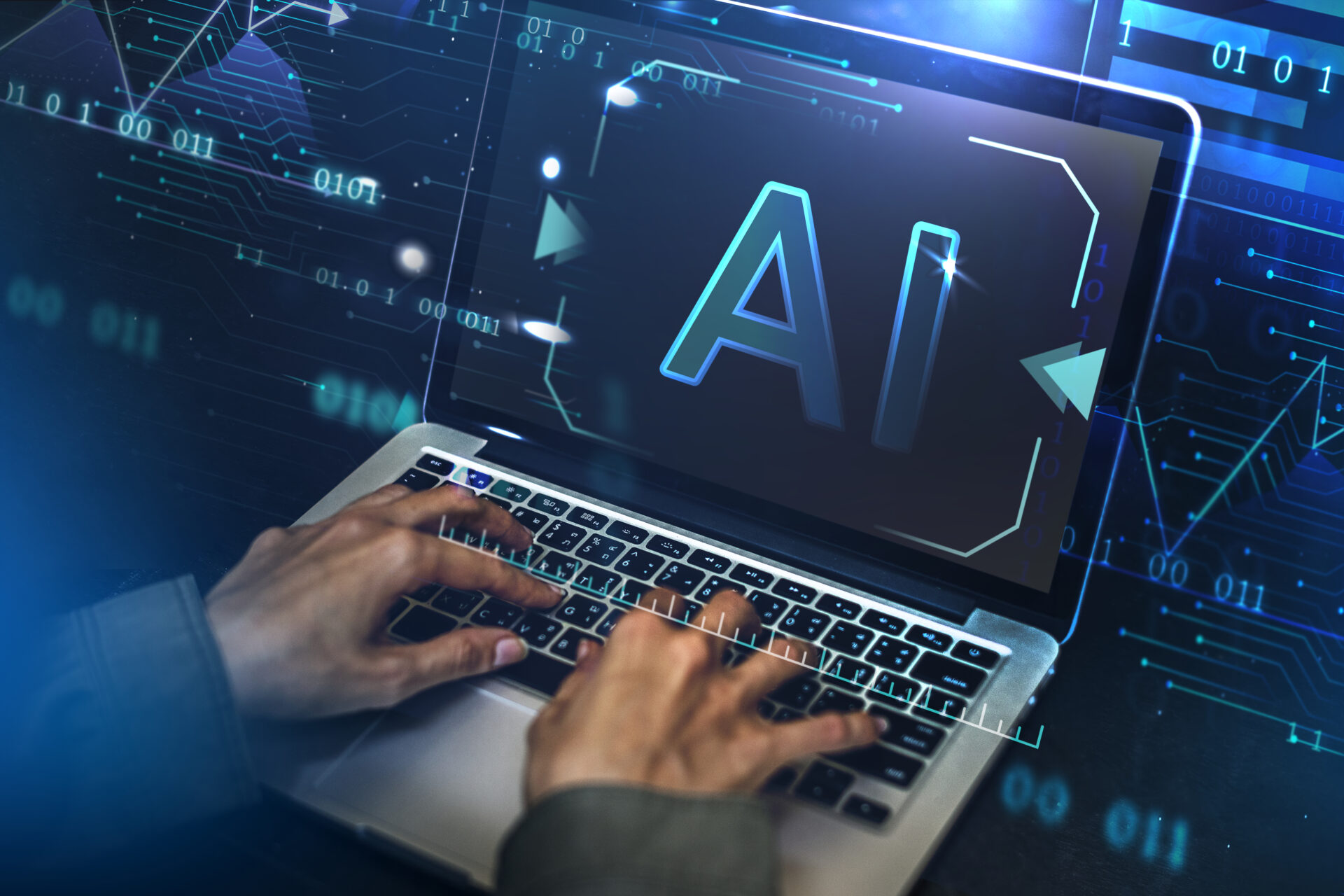
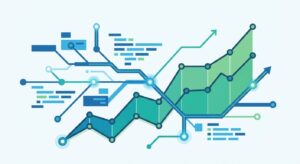
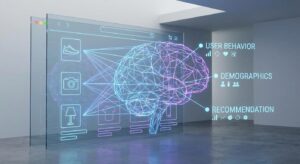
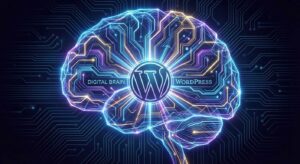
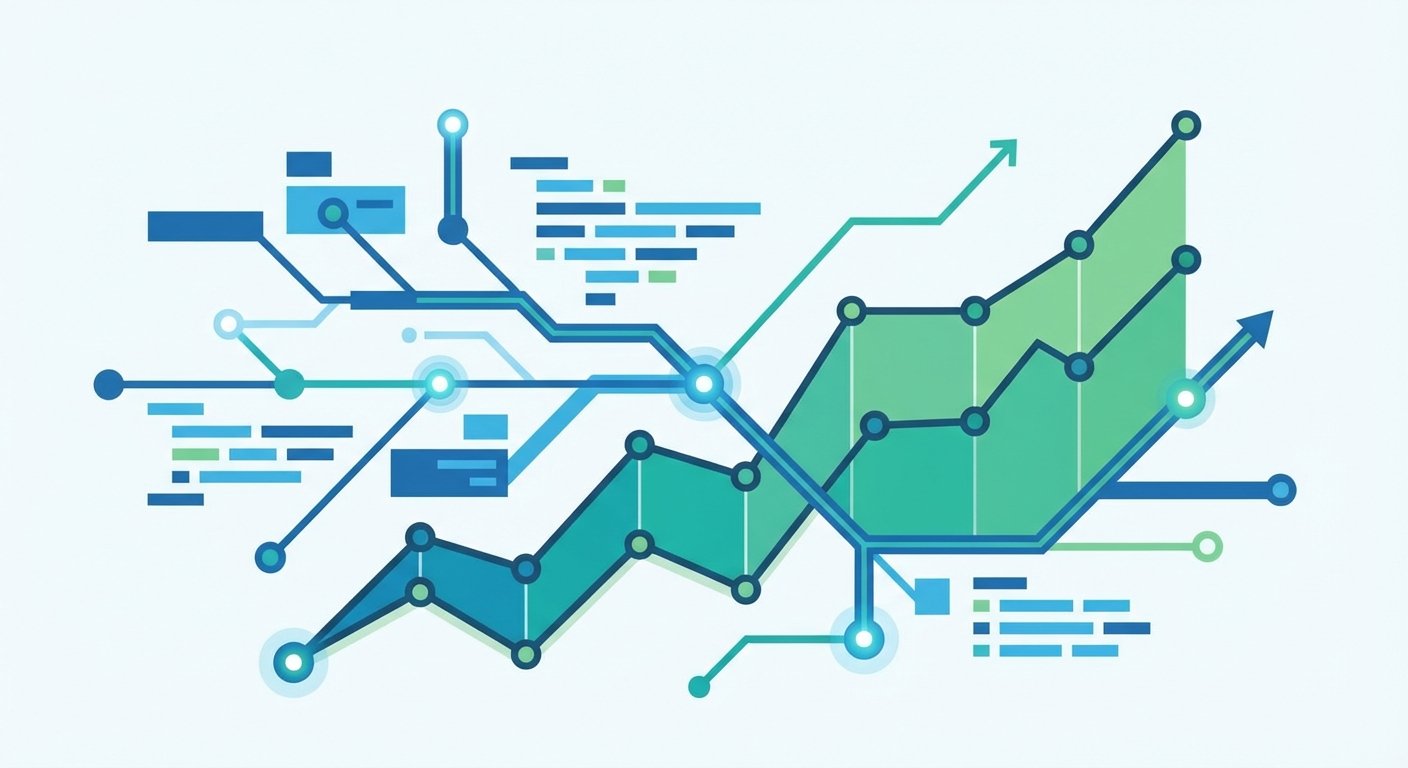
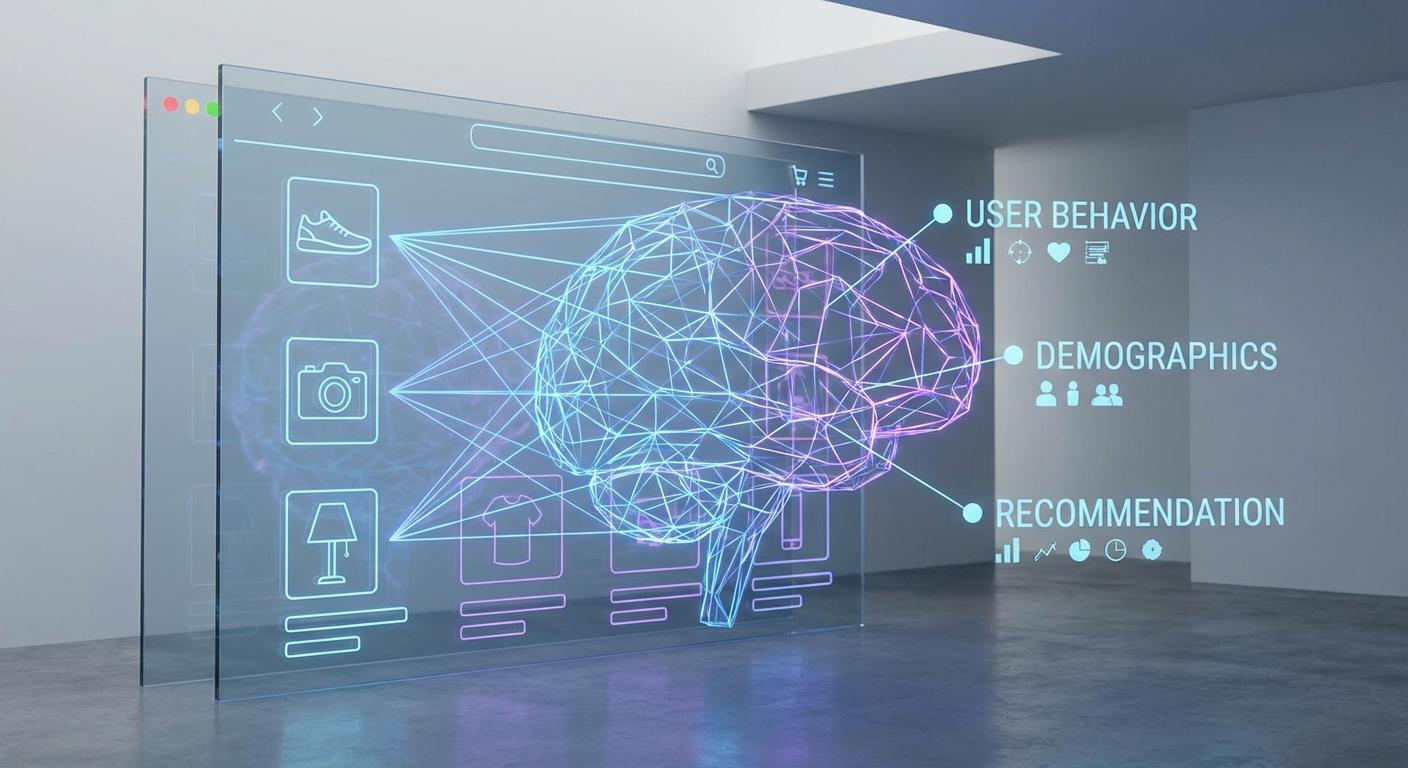
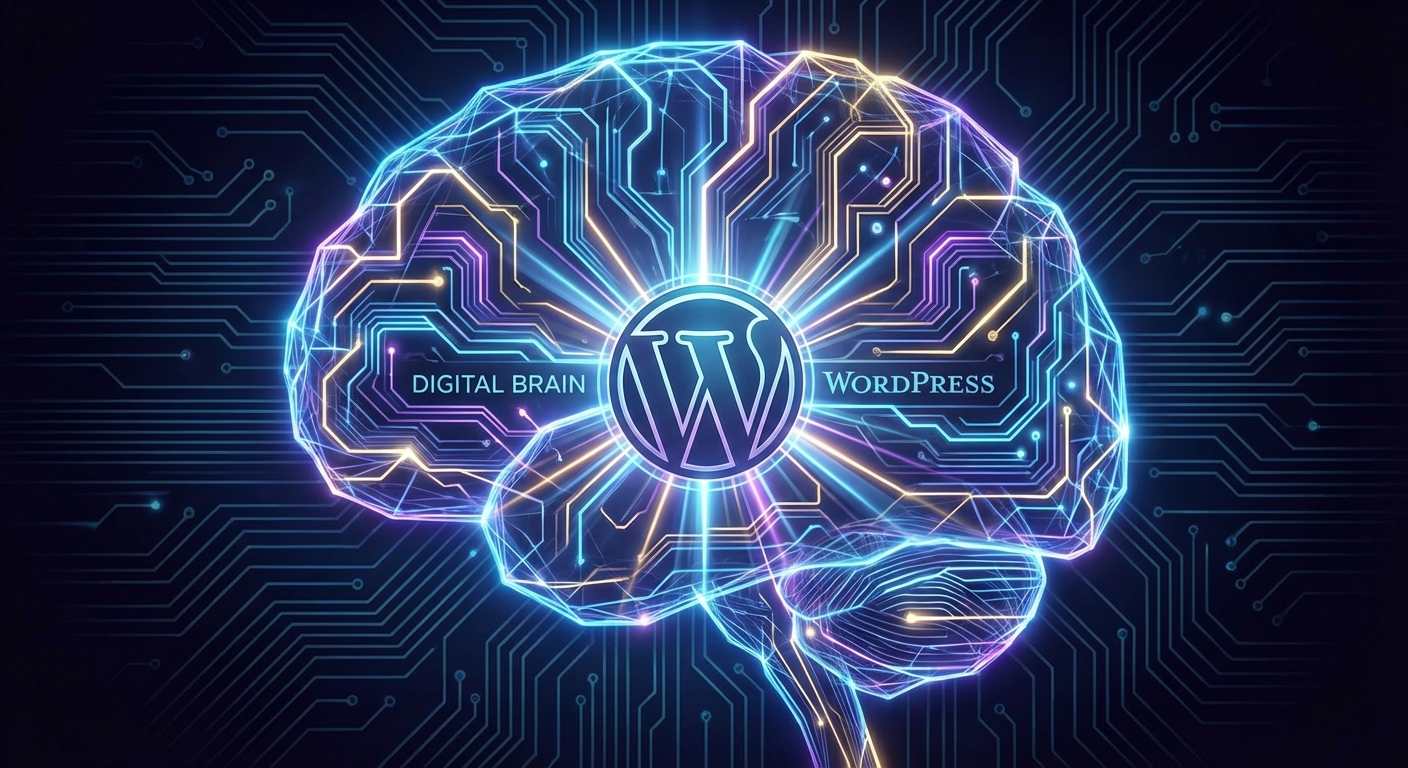
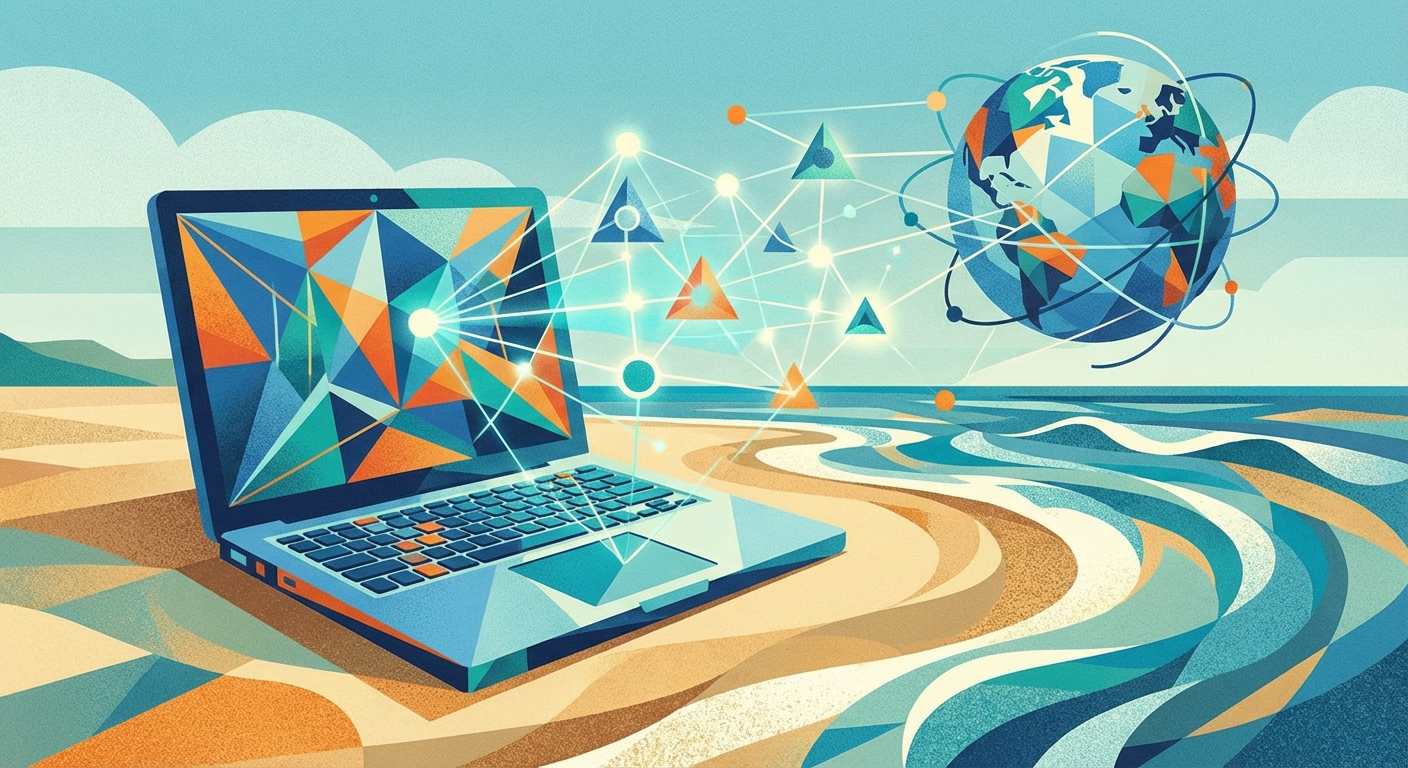
One Response